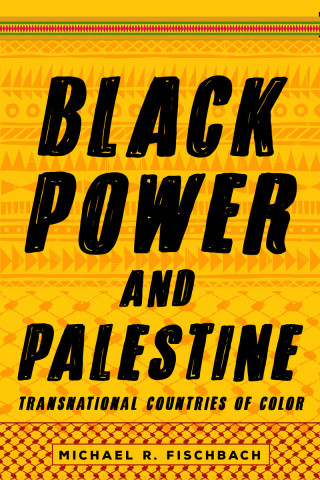In August 1979, President Jimmy Carter forced the American ambassador to the UN, Andrew Young, to resign following revelations that Young had secretly met once with an official from the Palestine Liberation Organization (PLO) in violation of an American pledge to Israel not to deal with the PLO in any way. Young, the highest-ranking black official in the Carter administration, had met the official to advance American policy aims but nonetheless was fired after facing a barrage of hostile public criticism. When it soon was revealed that the American ambassador to Austria, an industrialist from Cleveland named Milton Wolf, also had met several times with PLO officials earlier that year but without similar repercussions, African-Americans exploded in fury and rallied behind Young. Why the double standard, they demanded to know? Some, like the Southern Christian Leadership Conference’s Joseph Lowery and Operation PUSH’s Jesse Jackson, quickly announced they would continue Young’s efforts by themselves talking to the PLO. They then separately traveled to Lebanon, met PLO Chair Yasir Arafat, and presented him with their ideas for resolving the Israeli-Palestinian conflict. Lowery and Jackson insisted that black Americans had a legitimate role to play in the formulation of American foreign policy discussions and decisions, just like any other ethnic or religious group in the country. They were not going to be muzzled by a refusal to meet with any particular side in the conflict.
What happened to both Marc Lamont Hill and Andrew Young speaks volumes about race, foreign policy, and American positions on the Middle East. Both instances hearken back to long-held black complaints that their leadership voices are not welcome, whether in fields of life long dominated by well-educated whites or even in their own Civil Rights organizations. One of the key demands of the Black Power movement in the 1960s in fact was that African-Americans must take charge of their own destinies, their own groups, and formulate their own strategies and tactics for liberation. This was exemplified when the Student Nonviolent Coordinating Committee (SNCC) asked white members to leave the group in 1966, leaving blacks to lead SNCC and whites to go out and organize their own community. Other black forces in the 1960s and 1970s similarly demanded political and cultural autonomy.
